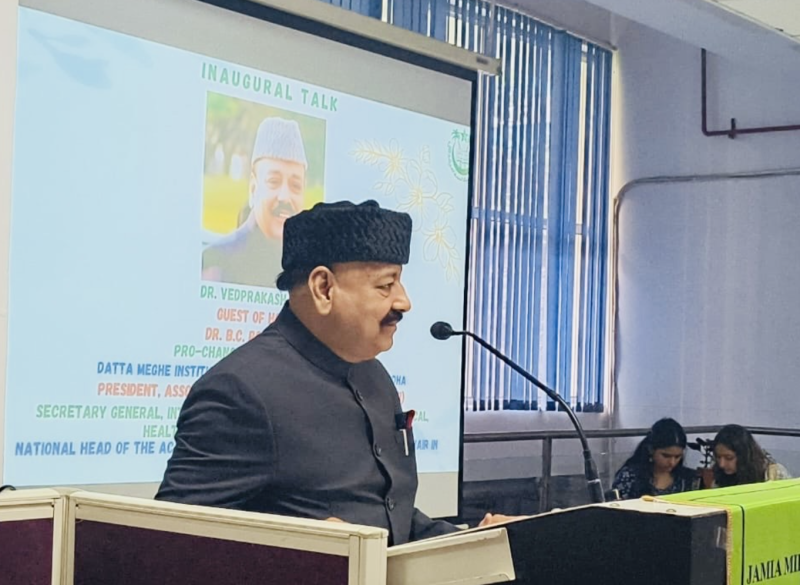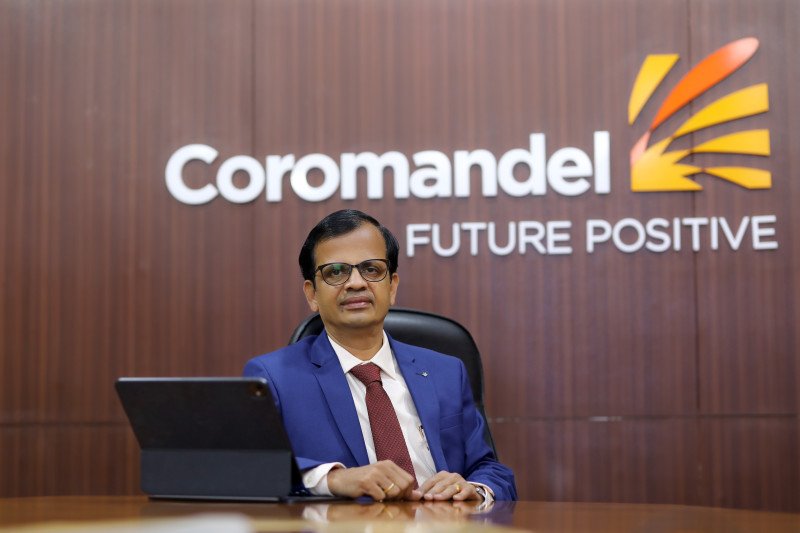Highlighting the importance of constant learning in an educators life and the growing competition in the world of healthcare professionals, the Faculty of Dentistry, Jamia Millia Islamia (JMI), hosted a two-day National Faculty Development Programme for Health Professions Educators on ‘Competency Based Teaching-Learning & Assessment Methodologies’ on 22nd and 23rd October 2024, bringing together the educators from different walks of healthcare for the betterment of the education imparted to the next generation of professionals. The program was aimed to equip the health professionals with the latest competency-based teaching and assessment methodologies aligned with the rapid changes in the education of health professionals as per the National Education Policy, 2020 and focused on bridging the gap between didactic teaching and competency-based curriculum, empowering educators with means to foster an environment of curiosity, innovation, and lifelong learning, preparing students to excel as future health professionals.
The programme saw an enthusiastic participation of 36 professionals comprising of senior and junior faculty members from the fields of dentistry, medicine, physiotherapy, and nursing. The event commenced with a recitation from the Holy Qur’an followed by welcome address by the Dean, Faculty of Dentistry, Prof. Keya Sircar, who expressed her heartfelt gratitude to the guests and delegates for making time for the event and apprised them about the glorious history of JMI, academic excellence and ranking of the Faculty of Dentistry and its contribution to the society.
This was followed by an insightful inaugural note by the Guest of Honour, Dr. Vedprakash Mishra, a stalwart of medical education, Dr. B. C. Roy National Awardee, Pro-Chancellor and Chief Advisor of Datta Meghe Institute of Higher Education and Research, Wardha. In his note titled, ‘Globalization of Indian Health Professions Education – A Way Forward’, Sir’s encyclopaedic description of the evolution of education policies in India motivated the audience to adopt transformational model of education. He also underscored the lacunae in the training of healthcare educators, reiterating the fact that educators don't need to be the sage on the stage, but the guide on the side. His address resonated deeply when he quoted the Kothari Commission stating that ‘The destiny of a nation is shaped in its classrooms’.
Following the talk, Honourable Vice-Chancellor of JMI, Prof. Mohammad Shakeel lauded Guest of Honour’s oratory and expressed his wish that such an in-depth description needs to be captured for posterity. Commending the Faculty of Dentistry’s commitment to professional development in health professions education, he emphasised on the dangers of fossilisation in this arena and the importance of regular Faculty Development Programmes to ensure that the educators remain updated with the latest teaching methodologies in the field. The ceremony concluded with a vote of thanks by Prof Anuradha Sharma followed by the rendition of the Indian National Anthem.
Over the two days, the programme featured insightful lectures and interactive discussions and activities conducted by eminent educators, Prof. Poonam Sood Loomba, Director-Professor and Head and Convenor, NMC Regional Center Medical Education Unit, MAMC, New Delhi and Prof. Pushpanjali Krishnappa, Chair-Health Professions Education Unit, Faculty of Dental Sciences, Ramaiah University of Applied Sciences, Bengaluru, Karnataka. Various arms of teaching-learning such as attitudinal domain, principles of interactive learning for large and small groups, challenges of implementing competency-based education, addressing ethical conundrums and enhancing communication skills, and their application in health professions education were addressed through role plays and group discussions. A special focus was given to the integration of innovative teaching-learning methods and the design of outcome-based assessments to enhance a student’s learning experiences. The event concluded with a valedictory session, acknowledging the contributions of the resource faculty members, organizing team, and volunteers, and the participation of the delegates.
The two day event was received well by the participants which was evident by the responses evoked by the feedback form shared with the participants at end of the programme. The faculty development programme was efficiently coordinated by Prof. Eram Perwez, Prof. Anuradha Sharma, and the team comprising of Prof. Shabina Sachdeva, Prof. Rizwana Mallick, Prof. Anupriya Wadhwa, and Prof. Nupur Gupta.


